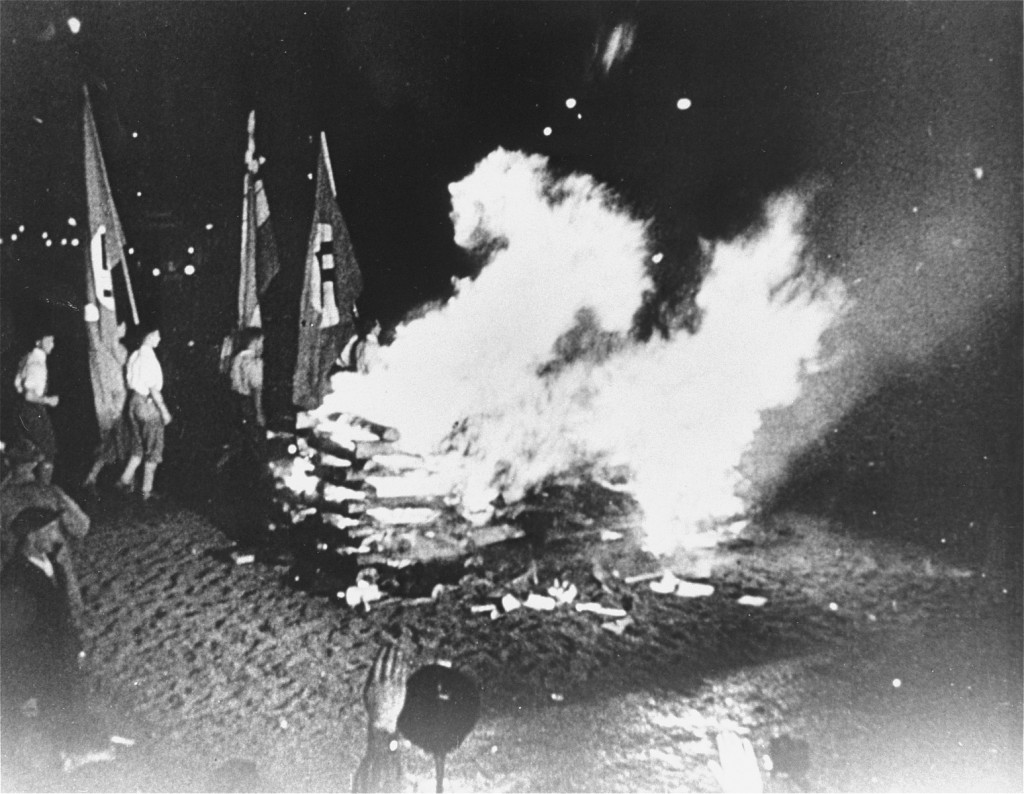
Klaus Mann
In 1933, Nazi students at more than 30 German universities pillaged libraries in search of books they considered to be "un-German." Among the literary and political writings they threw into the flames were the works of Klaus Mann.
Excerpt
The National Socialists are the enemy, let us not delude ourselves for one moment...The chaos is so shocking that one must indeed use all of one's capacities in order to understand just how this party could become the second most powerful in Germany, and tomorrow perhaps the most powerful.
—Kommt 'das dritte Reich'? (Is 'the Third Reich' Coming?), Klaus Mann, 1931
Which of Klaus Mann's Works were Burned?
All works published before May 1933
Who was Klaus Mann?
Klaus Mann (1906-1949) was the oldest child of German author Thomas Mann. He began writing while he was still a student. Mann moved to Berlin in 1924 and became a theater critic. In 1925 he published his first novel, Der fromme Tanz (The Pious Dance), one of the first gay novels in German literature.
When the Nazis came to power, Klaus Mann immigrated to Paris and then to Amsterdam, where he attempted to lead an anti-fascist front of authors to fight the Nazi regime. His novel Mephisto exposed the evil of the Nazi dictatorship. In 1936, Mann left for the United States. He applied to serve in the American army in 1942, wanting to fight the Nazis any way he could. Mann served as an American soldier in the Italian campaign. After the war, he moved often and struggled with financial as well as drug problems. He committed suicide in Cannes, France, in 1949.
Critical Thinking Questions
If Jews were the principal target during the Holocaust, why were books written by non-Jewish authors burned?
How did the German public react to the book burnings? What were some of the reactions outside of Germany?
Why do oppressive regimes promote or support censorship and book burning? How might this be a warning sign of mass atrocity?

